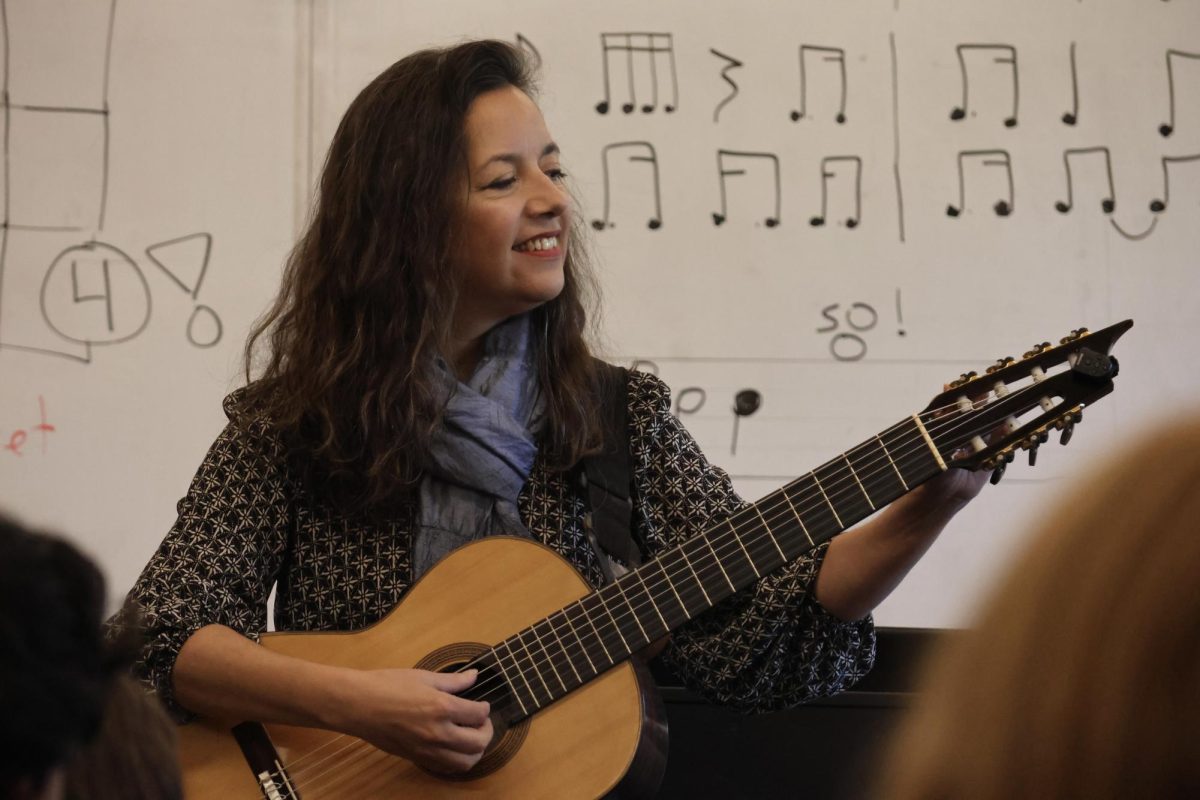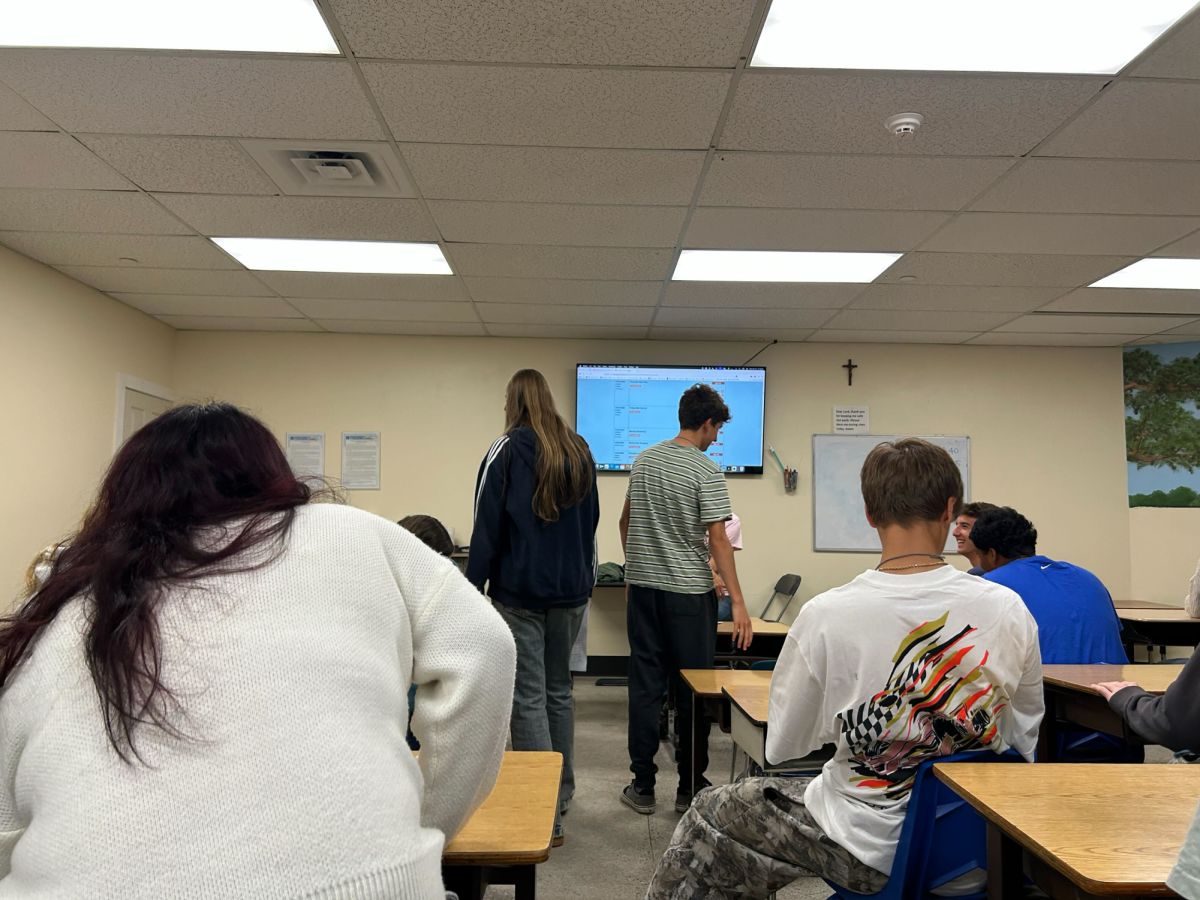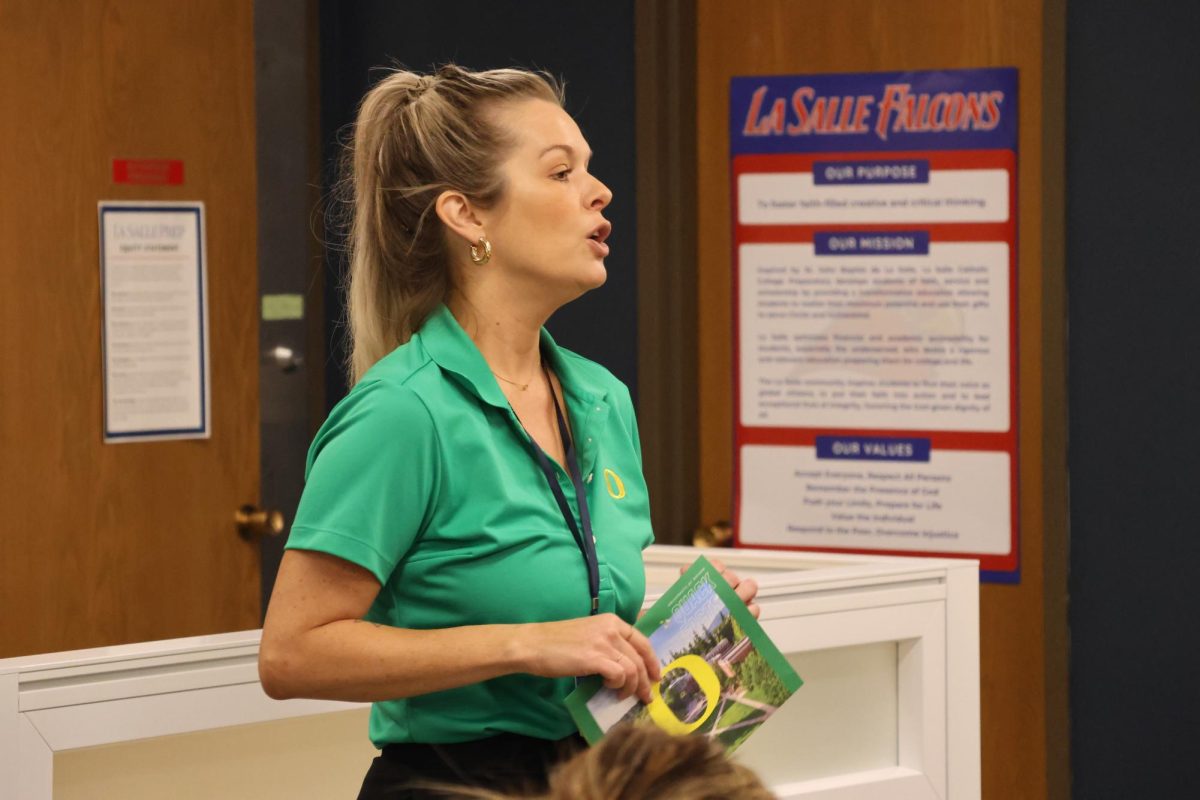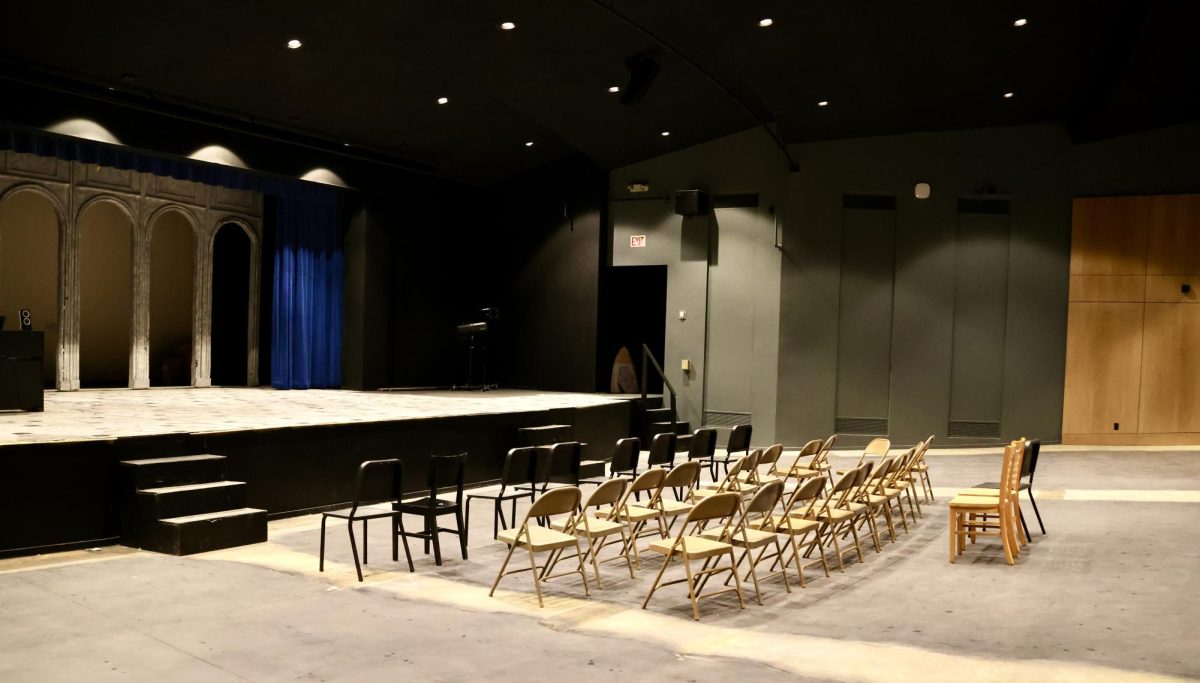From Food Service to Fly Fishing, La Salle Teachers Share Their High School Employment Experiences

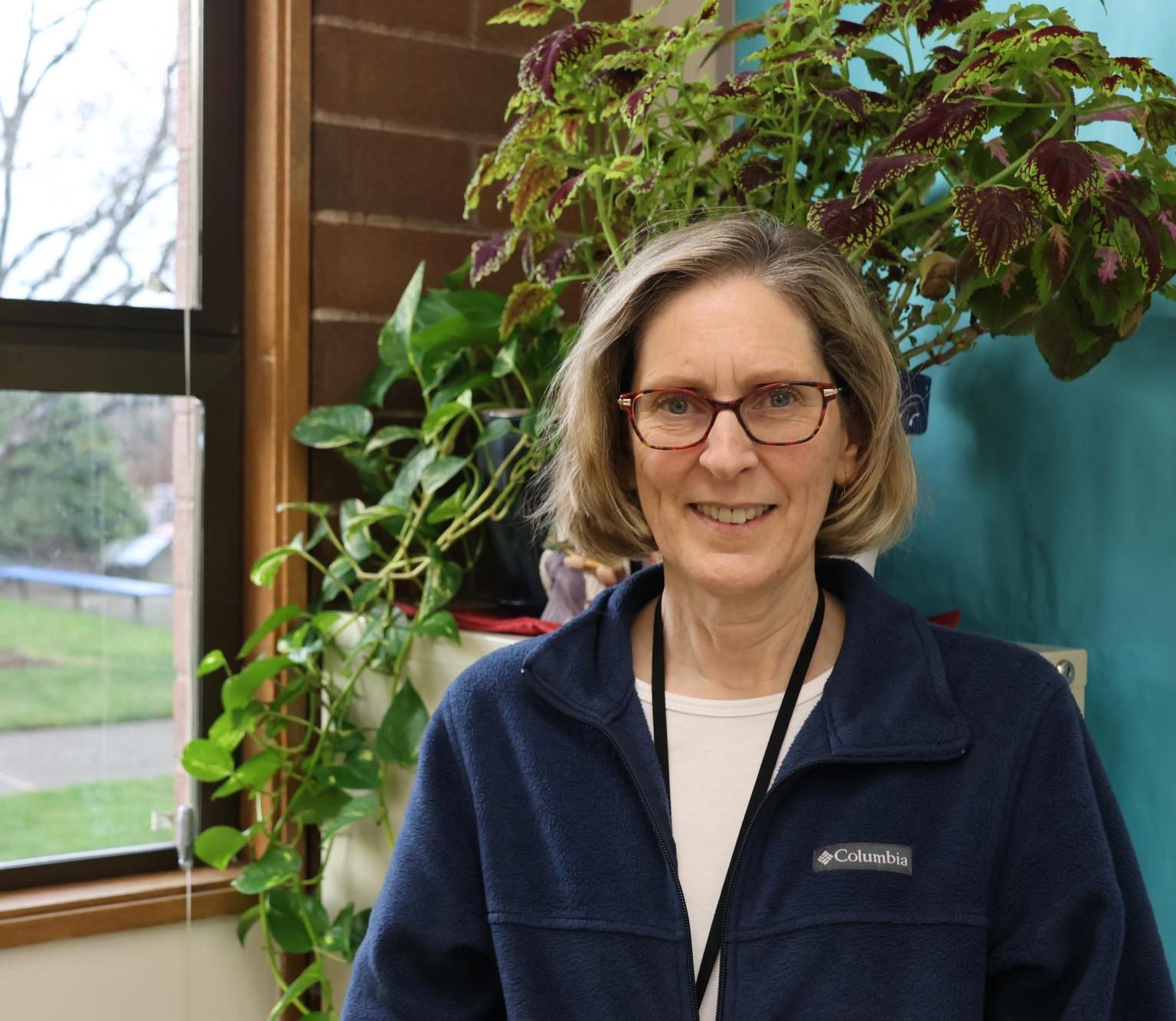
After working as a babysitter for a few years, religious studies teacher Ms. Jane Nitschke started working at a hotel when she was 15 years old. During the day, she cleaned rooms, and at night she worked at the restaurant.
During the summers, Ms. Nitschke would start work at 8:30 a.m., beginning the day with a morning shift as a room cleaner with her friends. Once a day, she would get a break, which she used to go home, change clothes, and go straight back to work as either a waitress, hostess, or sous chef at the same hotel’s restaurant, getting home around midnight.
At her first job, she was very excited to start earning money to put in her college fund as well as gaining a larger sense of independence, in addition to being able to work alongside many of her friends. However, a year later she quit due to the illegal practice of overworking minors.
Even though she would work to the point of exhaustion almost every day, in the end Ms. Nitschke learned a lot. From managing her time to knowing how to present herself in front of both staff and customers, she became “much more empathetic to people who have jobs in service industries, who do everything behind the scenes and [who] we don’t see,” she said.
Looking back at her first paying job, Ms. Nitschke appreciates the fact that it enabled her to start saving money, whether it was for college or for various other activities with her friends.
Although she continued to find work after leaving her job at the hotel, she found in high school that it was easier to maintain a job during the summer. Once the school year begins, it could cause a lot of stress and scheduling conflicts.
For the past 11 years, Ms. Nitschke has worked as a Religious Studies teacher at La Salle. Currently, she teaches both freshmen and sophomores and always has her door open to help any students that come by — whether that be about school, work, or just a friendly chat.
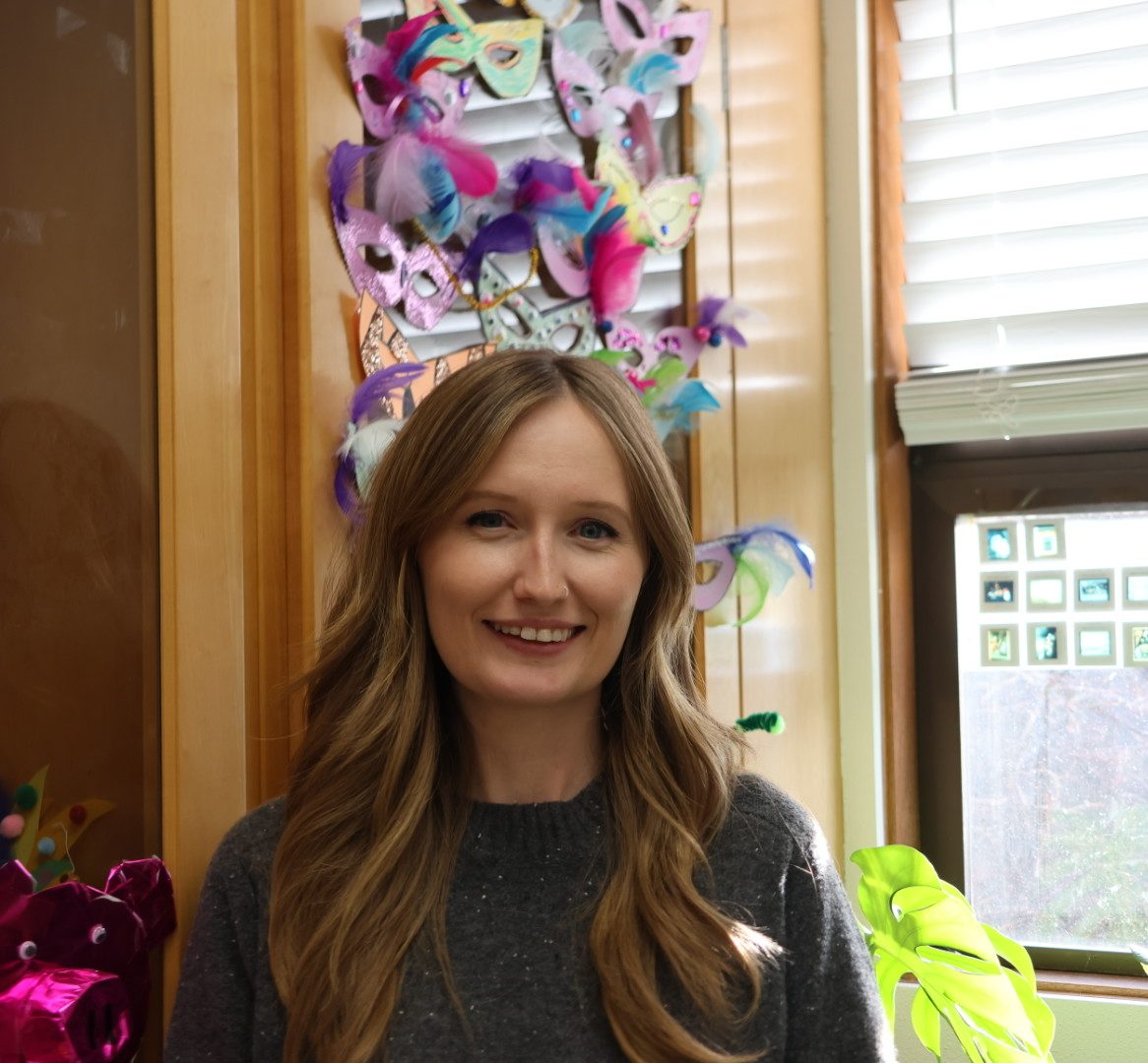
When Ms. Amanda Barker, La Salle’s French teacher, first began to work at Subway, she was a 15-year-old in Omaha, Nebraska. While working there, she was known as a “sandwich artist,” who helped put together the sandwich orders and check out the customers at the cash register.
Going into the job, she wanted to have a sense of independence and make her own money. While doing so, she gained respect for those who have also worked in food service. “It’s a really fast-paced job sometimes, and so just have patience with other people that are working in food service,” she said.
Working roughly 25 hours a week helped Madame Barker learn more about what could be useful in and out of her job, teaching her important skills regarding accountability in her work.
One of the biggest lessons that Madame Barker learned from her first job was how to interact with strangers in an environment away from her friends and family.
After leaving her position at Subway when she was roughly 18 years old to attend college, Madame Barker thinks that although it’s beneficial in many different ways to have a job in high school, she wouldn’t recommend working as much as she did due to the fact that juggling school and work can be overwhelming.
Now working as La Salle’s only French teacher for the second year, Madame Barker teaches French I to IV with a French education degree from University of Nebraska-Lincoln, and went from helping customers to helping immerse her students in French culture.

When he was just 14 years old, German teacher Mr. David Lane began working at his father’s fly fishing shop to start earning a bit of cash and help his father run his business a bit more smoothly. During the summers and breaks, Mr. Lane would continue helping out around the shop for years — even after college.
Working at the fly fishing shop wasn’t his only gig, as he also worked as a sports coach for a kids camp. Although he primarily helped coach tennis, Mr. Lane also found himself teaching kids lacrosse while making sure everyone was hydrated and practicing good sportsmanship.
While working at the camp for three summers, beginning when he was 16 years old, he continued to help his father by working at his store whenever he would come home from college.
As Mr. Lane worked as a tennis coach at summer camps, he realized that coaching was something he wanted to continue later in life. He enjoyed making kids feel comfortable and welcome while being able to help out at the camp, making sure things got done when they needed to be.
“[It] let a lot of kids have the opportunity to try out new sports and feel comfortable trying out something new and then feeling success doing that, [that] was just really cool,” Mr. Lane said.
Looking back at his time working while in high school, he doesn’t regret working, despite the fact that some days were harder than others. “Even things that can be difficult are going to make you stronger,” Mr. Lane said.
He suggests that if students are able to afford the time, they should work, as he said that having a job can be incredibly beneficial, whether it’s for pay or to volunteer. He believes that teenagers nowadays are incredibly understanding that some people have different perspectives in comparison to some adults. Because of this, Mr. Lane believes that high schoolers would thrive and be of good help in the service industry.
Now, Mr. Lane is the only German teacher at La Salle and continues to help coach tennis after school, hoping to foster a welcoming and accepting environment — whether it’s in his classroom or on the tennis court.
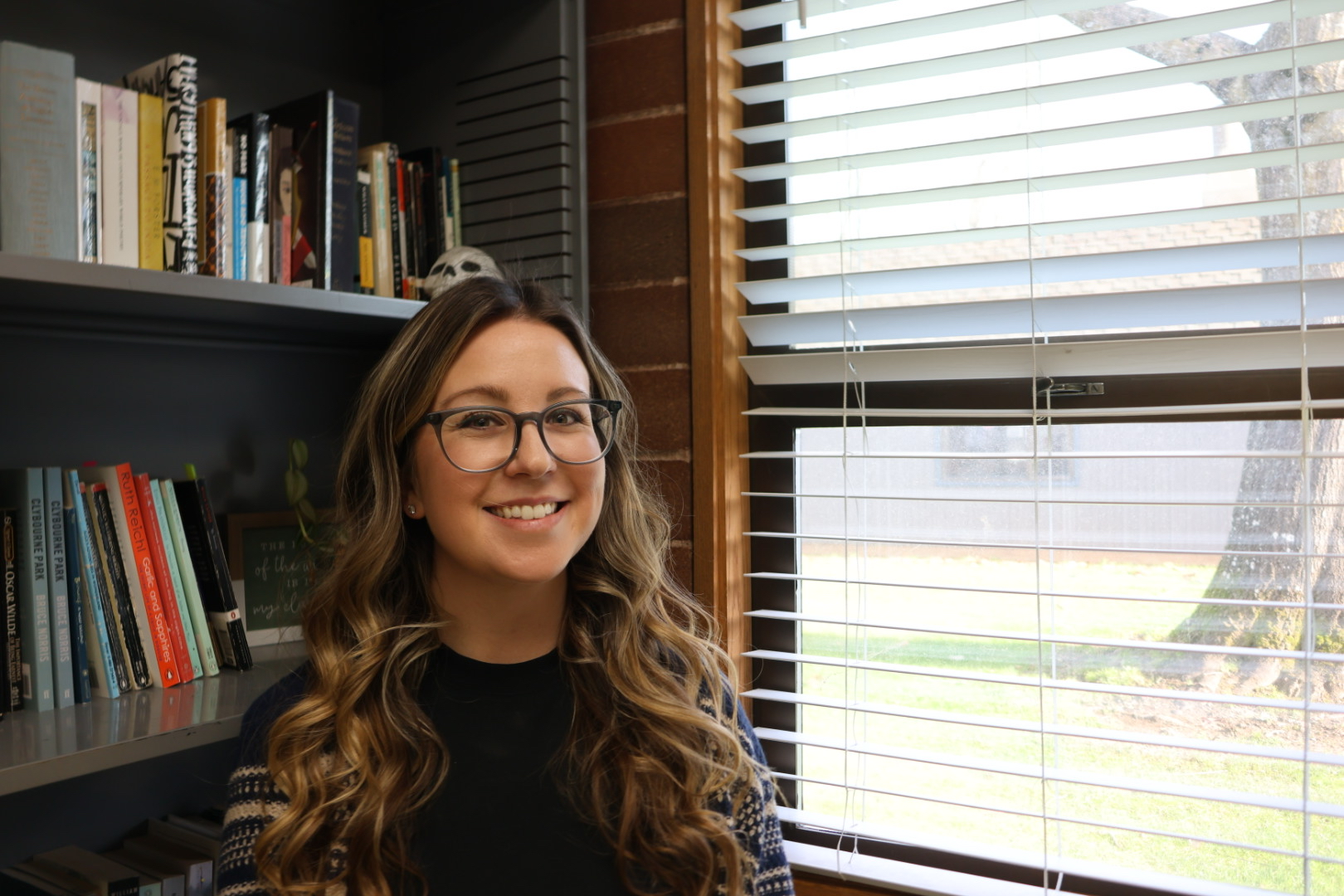
At 16 years old, English teacher Ms. Anna Hooker found a job at her local theater where she helped train kids in song and dance, while first being introduced to the craft of teaching.
During the summer before she left for college, working at the theater made Ms. Hooker realize that teaching might be the right career path for her. “I just remember leaving work with more energy than I started,” Ms. Hooker says.
One of the many things Ms. Hooker learned from her experience working in high school was the importance of being able to be comfortable speaking in front of others. Thanks to her job requiring her to talk on stage and use her voice to instruct the students, she was able to find her voice of confidence.
The longer she worked at the theater, the more responsibilities she was entrusted with. From initially teaching small dances to helping backstage and working the sound booth, Ms. Hooker soon found herself learning more about time management during her time working, a skill she found particularly useful in college.
“I think it teaches you to balance things really well in a way that’s helpful for college,” she said.
Although she acknowledges the benefits of working as a high schooler, Ms. Hooker also recognizes its downsides. Specifically, she noted the overwhelming stress that came with employment that can be put on students, a problem that has become especially evident after the pandemic.
Now in her second year working at La Salle, Ms. Hooker teaches English to freshmen and sophomores, hoping to inspire many of her students to succeed within their passions and always keep a smile on their faces.




